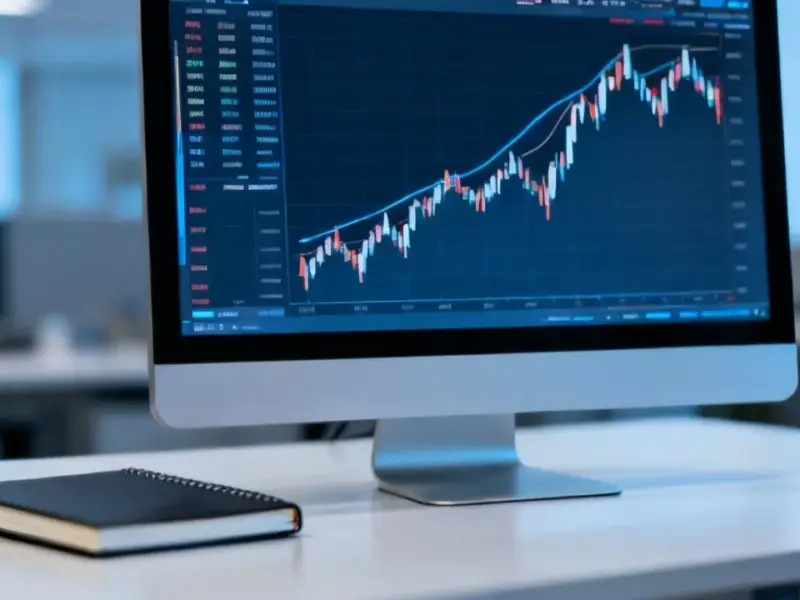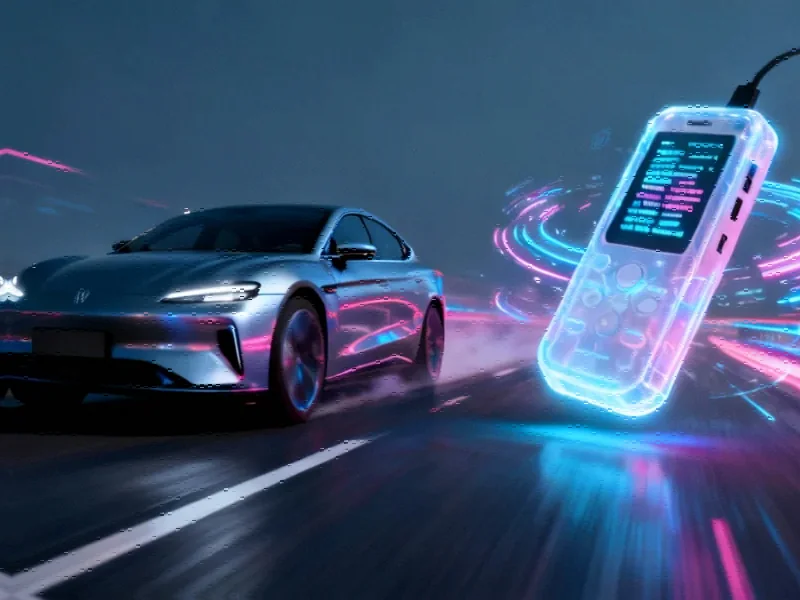According to Techmeme, Judge Boasberg just ruled against the FTC’s challenge of Meta’s social media monopoly, dealing a massive blow to Lina Khan’s antitrust agenda. This decision effectively allows Meta—and by extension Google, Microsoft, and other tech giants—to resume their aggressive startup acquisition strategies that had slowed under regulatory pressure. The ruling comes after years of FTC scrutiny over big tech’s “killer acquisition” tactics where dominant companies buy emerging competitors to maintain market control. Critics immediately called the decision “colossally wrong” and argued it ignores Meta’s enormous power over social media and the harms that flow from it. This legal victory essentially removes the primary obstacle that had been chilling big tech M&A activity across the industry.
What this means for startups
So here’s the thing—this ruling basically resets the clock to pre-Lina Khan era acquisition rules. For startups, that’s both good and bad news. Good because exit opportunities just expanded dramatically. Bad because promising companies that might have grown into real competitors will likely get snapped up before they become threats. Josh Wright and other antitrust experts have been tracking this closely, and the consensus seems to be that we’re about to see a feeding frenzy. Remember when Facebook bought Instagram for $1 billion? That kind of move is back on the table now.
The broader implications
But here’s where it gets really interesting. This isn’t just about social media or even just about Meta. The ruling sends a clear signal to all tech giants that the courts aren’t buying the FTC’s current antitrust theories. Ron Knox has been pointing out that this could have ripple effects across multiple ongoing cases. Microsoft’s gaming acquisitions, Google’s ad tech dominance, Amazon’s marketplace control—all of these battles just got harder for regulators to win. Basically, the burden of proof for proving anti-competitive harm just got significantly higher.
What comes next
Now the ball moves to Congress. Critics like JR Huddleston are already calling for legislative action, arguing that if courts won’t check Meta’s power, lawmakers must. The focus is shifting to issues like kids’ safety, data privacy, and specifically how Meta’s apps affect younger users. But let’s be real—Congress moves slowly, and tech moves fast. By the time any meaningful legislation passes, the acquisition landscape could be completely reshaped. So we’re probably looking at at least 2-3 years of relatively unchecked big tech M&A activity. That’s generations in tech time.
The big picture
Looking at the broader trend, this feels like a pivotal moment. Erik Hovenkamp and other legal scholars have been warning about the long-term effects of permissive acquisition policies. When giants can constantly absorb emerging threats, innovation suffers. Competition weakens. And consumers ultimately pay the price through reduced choice and potentially higher costs. But here’s the question nobody’s asking: What happens when the next regulatory wave inevitably comes? Because history tells us these things are cyclical. The acquisitions that happen during this window might eventually face retroactive scrutiny. That’s a risk both acquirers and startups will need to weigh carefully.




